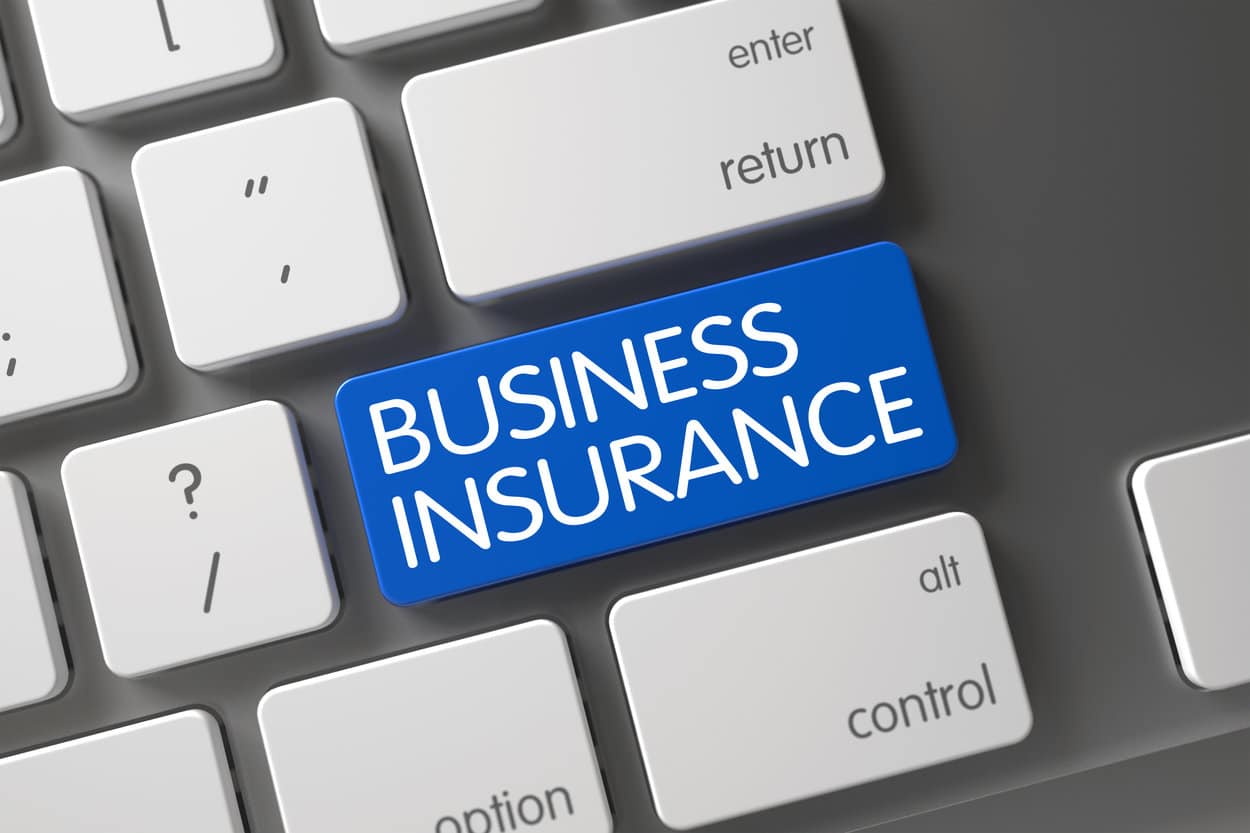Jasmine Birtles
Your money-making expert. Financial journalist, TV and radio personality.

You’ve finally decided to take matters into your own hands, become your own boss, and set up your dream business. What an exciting time! Once you know, what you’re selling, who you’re selling it to, and where you’re selling it, all that’s left to do is write down a business plan and get started. But do you know about paperwork you need to set up – like if you need to register for VAT?
We know that all the legal documentations are the least glamorous part of a business, yet they are essential. Understanding how to pay taxes and registering your business represents the beginning of your entrepreneurial adventure. Here is a list of everything you need to know from a legislative perspective when you start your own business.

The first step is to register your business with the Government. You can register as a sole trader, as a limited company or as a partnership.
If you decided to set up as a sole trader, you will run your business as a self-employed individual. You keep all the profits after you’ve paid tax on them and you also incur all losses. To register as a sole trader all you need to do is let HMRC know that you pay tax through Self Assessment. This Gov.uk webinar on completing the tax return form covers budgeting, Self Assessment, paying HRMC and information on what to do when you cannot pay.
If you register your new company as a limited, your finances are separated from your business’ and you must pay a corporation tax. You also need to keep all the company’s records and report all the changes. Shareholders must also be informed regarding any personal benefits that you have from the company’s transactions.
Finally, you can choose to set up your business as a partnership. In this case, you and your partner will both share all the financial and legal responsibilities. There are two types of partnerships – a limited partnership and a limited liability partnership. The main difference between the two is that the latter one allows for more than 2 partners to run the business and doesn’t have a general partner liable for debts.
You’ll need to keep track of your cashflow for tax returns. Book-keeping is a skill you need to master, as you will need all your transactions, profits, costs, and revenues documented. You also need to pay Income Tax on your profits and pay Class 2 or Class 4 National Insurance, depending on your earnings. Class 2 applies for profits over £6,475 per year and charges £3.05 per week. Class 4 applies for profits over £9,501 and charges 9% up to £50,000 and 2% over £50,000.
Another part of your responsibilities is finding a great name for your business. You probably already have this bit figured out, but make sure you don’t include any existing trademarks. If you’re a sole trader also make sure you don’t include words like ‘limited’, ‘Ltd’, ‘LLP’ or ‘plc’.
As a business owner, you must register for VAT if your turnover surpasses £85,000 – either within the following 30 days or if the revenues collected in the last 12 months are over that amount. If your turnover is under £85,000, you can still register voluntarily.
In some circumstances, you won’t need to register for VAT.
Firstly, you can apply for a registration ‘exception’ by sending HMRC evidence proving that your turnover will not be higher than £83,000 in the next year. This request is adjudicated – so it can be rejected.
Secondly, there are two types of items that do not require VAT – exempt and ‘out of scope’ items. Examples of exempt products and services include buying and selling insurances, postage services, and health services. On the other hand, “out of scope” goods include statutory fees, goods bought and used out of the EU, goods sold as part of a hobby (e.g. stamps), charity donations (if given nothing in return).
Once you’ve registered for VAT, you must comply with a few responsibilities. One of your main duties is charging the VAT correctly, depending on your rates – standard (most businesses), reduced (e.g. children car seats) or zero rates (e.g. goods exported to non-EU countries). You must also pay any VAT due to HMRC, submit VAT returns, and keep a VAT account with all the records.

Another essential part of the business starting process is getting an insurance. Depending on the degree of risk you’re comfortable with, there are a variety of insurances out there that can take care of any unforeseen scenario. Some insurances cover only stock damages or legal costs, whereas others protect your company even in cases of supply chain breakdowns. While most insurances are optional, certain businesses are required by law to carry:
Finally, don’t forget to make sure that you have the licence to provide your products or services. Depending on your business activity, you may require a specific licence that will enable you to start bringing value to customers. The GOV.UK website has a thorough list of all required permits and licences for new business owners (list of all licences). Once you’ve ticked this final step off your list too, you’re all set to create the business of your dreams!
Want more ideas for your new business? Need to navigate Payments on Account? Try these articles next!

Some good information here. Appreciated.